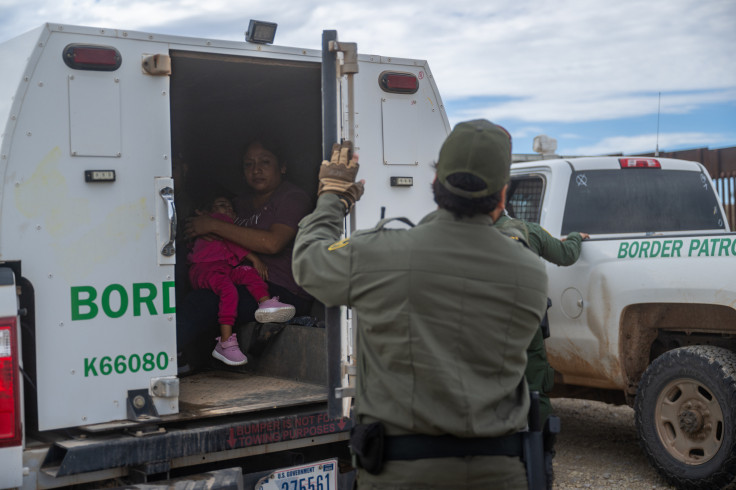
At least six migrants were killed on Tuesday by military officers in Chiapas, in southern Mexico, after they opened fire on a vehicle carrying 33 migrants from different parts of the world. The Mexican Defense Ministry said in a statement that the officers were doing "ground reconnaissance" when they spotted a fast-moving pickup truck, which they attempted to stop.
Behind the truck were two vehicles resembling those generally used by organized crime, leading soldiers to mistake the migrants for cartel members. Military members claim the officers "heard explosions," prompting them to shoot at the truck, killing four people on the scene, with two others dying at the hospital later. Ten more were injured, while the remaining ones were handed over to immigration officials.
The victims included men, a woman, and a girl hailing from countries including Nepal, India, Egypt, and Cuba. The Mexican government has yet to disclose whether any migrants were armed, as reported by The New York Times.
This incident has reignited concerns about Mexico's growing reliance on the military for law enforcement and migration control. Migrant advocacy groups blamed militarized policies that prioritize containment over protection.
Chiapas, which borders with Guatemala, has become a key route for U.S.-bound migrants, who increasingly face dangers from both criminal groups, many of which smuggle or extort them, and security forces. Stephanie Brewer, from the Washington Office on Latin America (WOLA), a research and advocacy organization, noted that the strain on the U.S. asylum system is driving migrants to seek other means of crossing, increasingly relying on criminal networks. This exposes them to severe threats like extortion, violence, and kidnapping as they attempt their journey.
U.S Customs and Border Protection (CBP) recently announced it was expanding the area from where migrants could access its CBP One app, the primary method for migrants to request asylum appointments during the Biden administration. The expansion allowed non-Mexicans to request asylum appointments from the states of Tabasco and Chiapas.
The killings occurred shortly after Claudia Sheinbaum became Mexico's first female president. In her inaugural speech, Sheinbaum defended the use of the military for these purposes, rejecting claims of human rights abuses. However, critics argue that incidents like the Chiapas shooting expose the risks of increased militarization.
Human rights organizations have documented multiple cases of extrajudicial killings by Mexican soldiers in recent years. In February 2023, a group of friends, including a U.S. citizen, were killed by the military in Nuevo Laredo. Concerns have grown as the National Guard, previously a civilian force, was placed under military control in a constitutional amendment.
In response to the Chiapas shooting, the Defense Ministry said the two soldiers responsible were removed from duty, and an investigation is underway.
© 2024 Latin Times. All rights reserved. Do not reproduce without permission.








